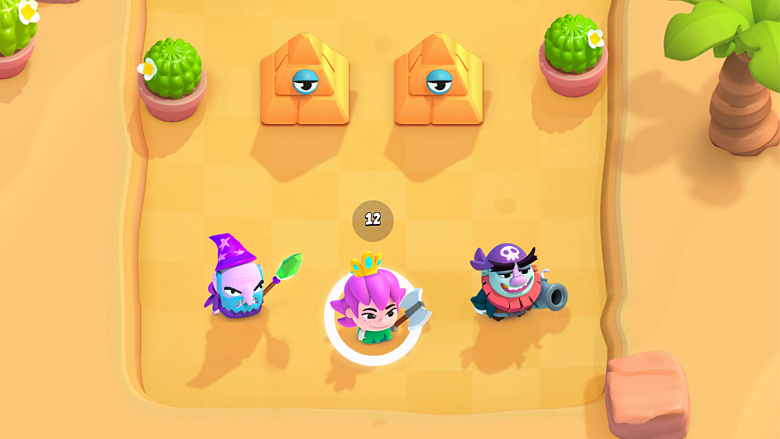Game lead Supercell told how the company closed Smash Land, the predecessor of Clash Royale.

The authors of Clash of Clans often say that they owe their success to the fact that they are not afraid to close projects. Jonathan Dower, a game lead and Supercell artist, also shared this as part of his report “It’s worth killing for the sake of quality” at GDC 2016.
Dower called his company a “serial killer.” Of the last 10 Supercell games, only one has reached the world release — Clash Royale. Seven were closed at the prototype stage, two more at the end of the soft launch.
“The main thing is quality, financial indicators are secondary,” says Dower. By high-quality games, we mean those that users will be interested in playing for years.
To create such projects, small teams are needed — from 3 to 15 people. The reason is simple. A larger number of employees leads to more bureaucracy, less responsibility, less contribution to the final project of each participant, less concentration and, as a result, to a decrease in the quality of the product.
But this does not mean that everything in Supercell is like in a fairy tale. The company’s goals are put above private interests. But at the same time, management trusts the teams in the sense that the latter will close the game itself if it realizes that it does not correspond to the level of the company.
This was the case with Smash Land, which in many aspects was very close to the current Clash Royale hit. The game was developed by “4.6 people” for 10 months. The beta version has not achieved its goals. And while the team was hoping for a response, the project was “sinking”.
“It just wasn’t the kind of game you’d be playing for years, beta goals weren’t achieved, there was a lack of content, updates wreaked havoc,” says Dower.
As a result, the game team drank beer, sat in the sauna and decided to kill the game. After that, they informed the CEO of the company about their decision. Today they are working on other studio projects, including Clash Royale.
A source: gamasutra.com
